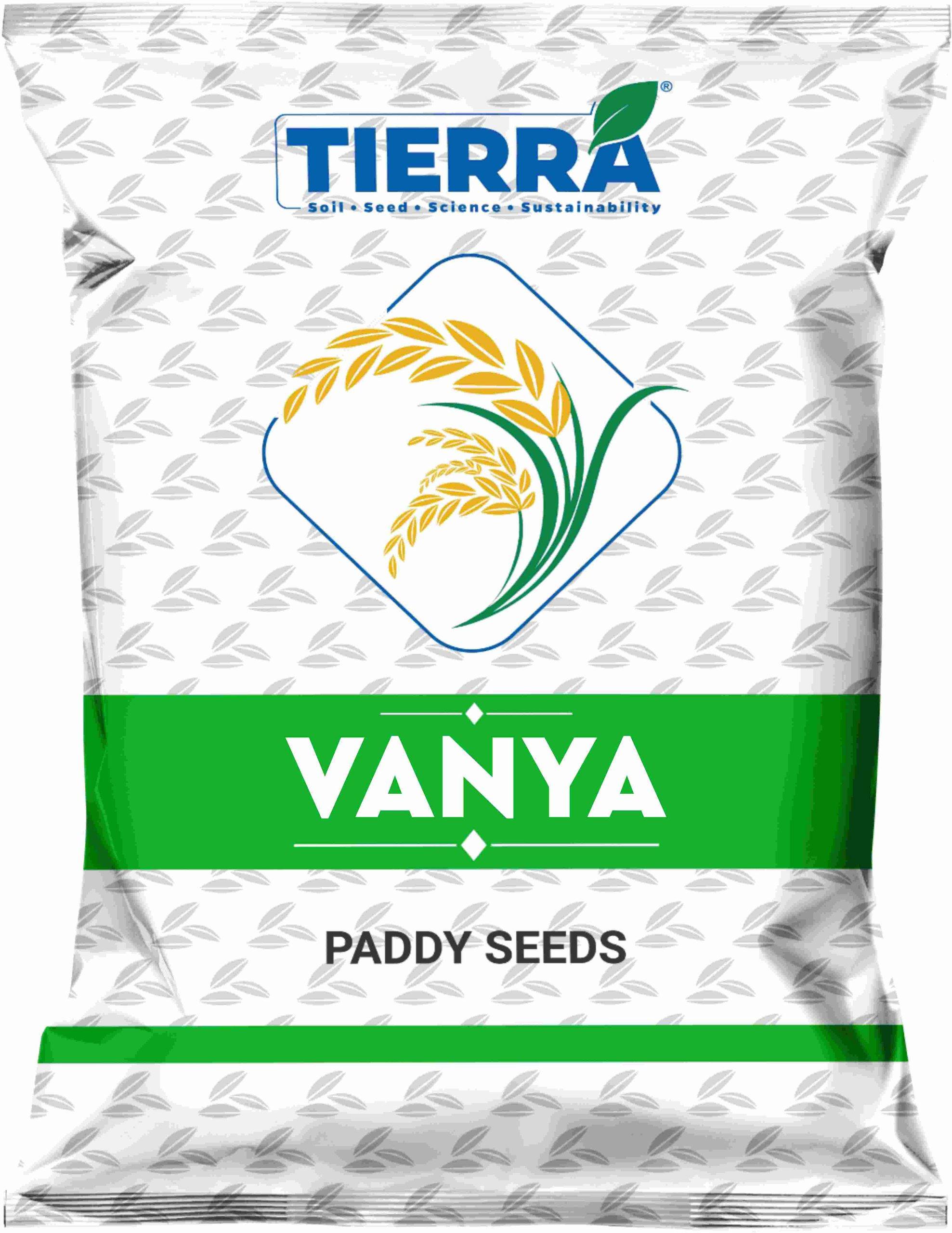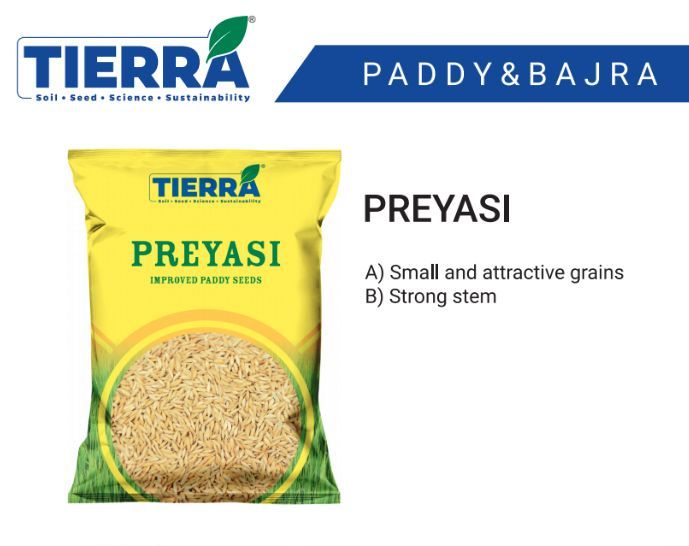
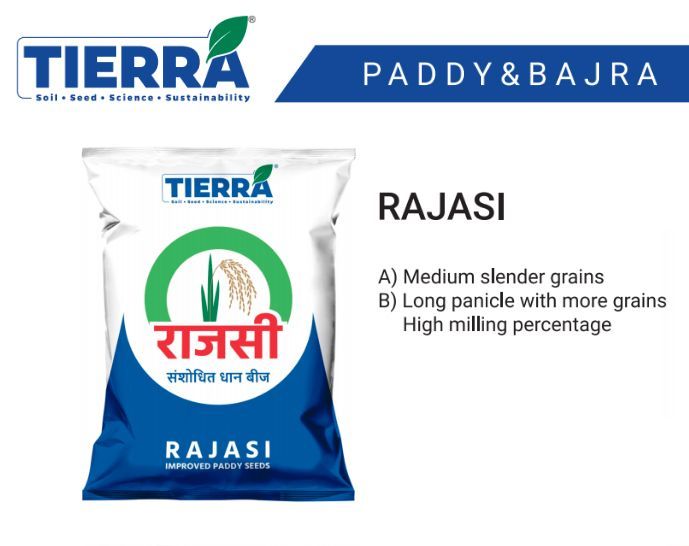
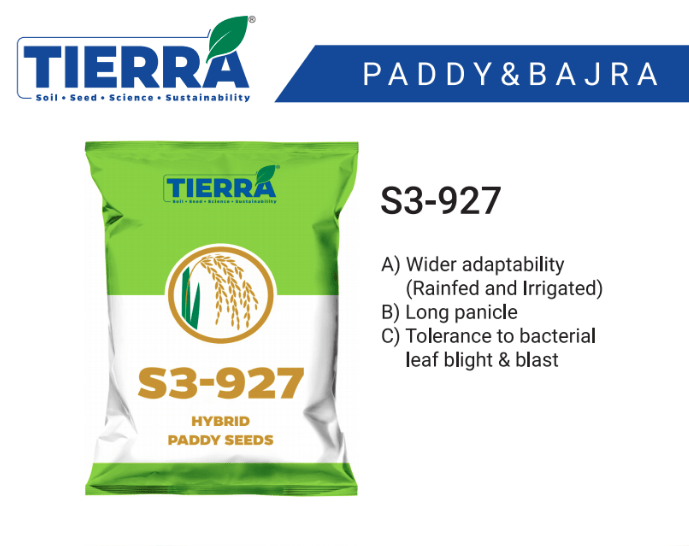
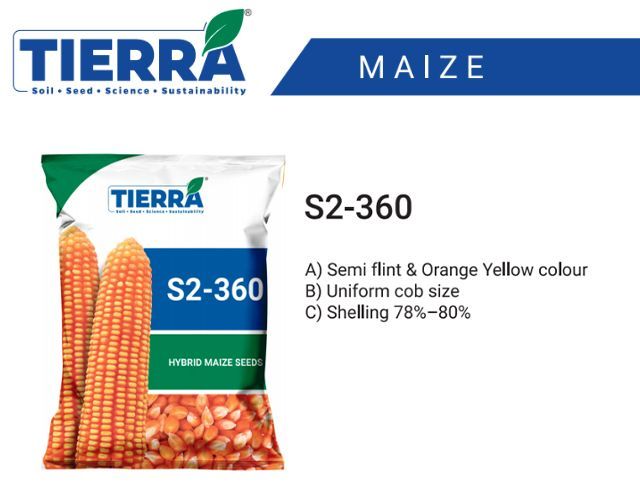
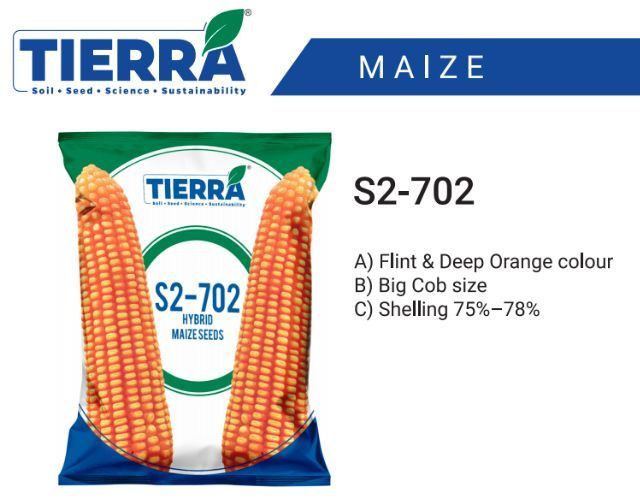
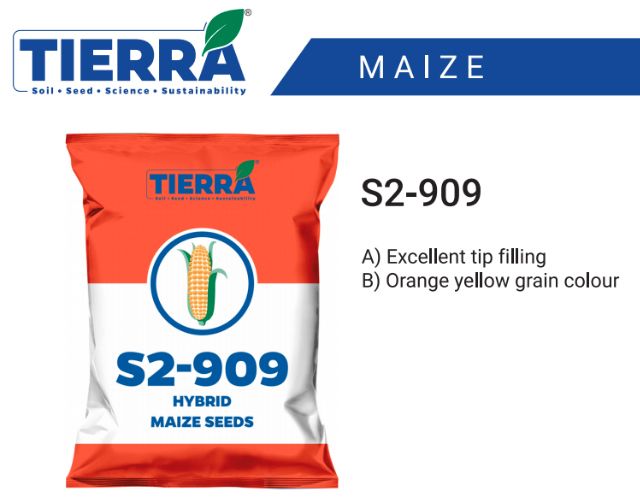
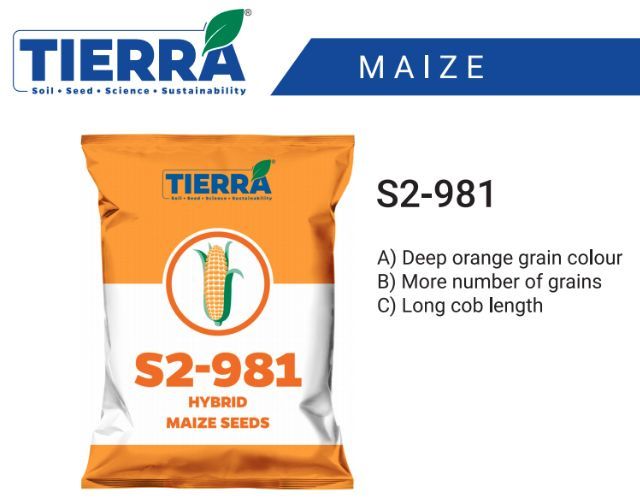
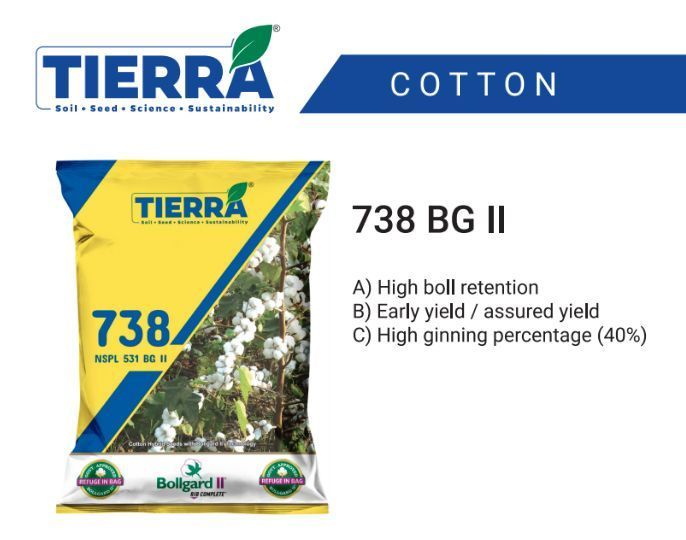
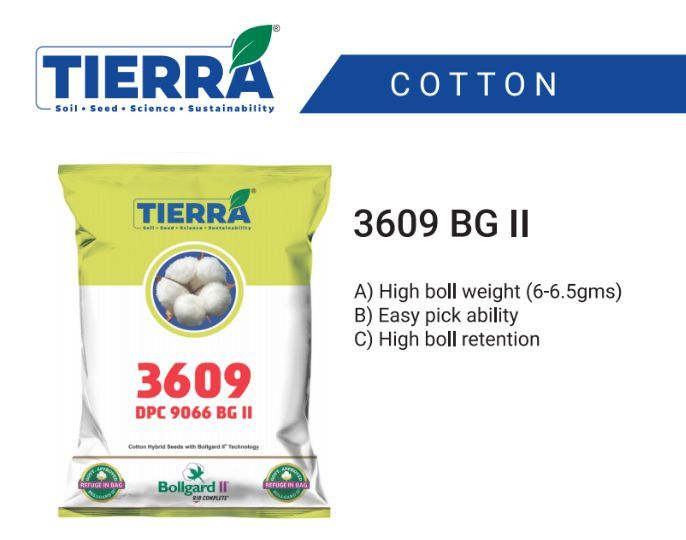
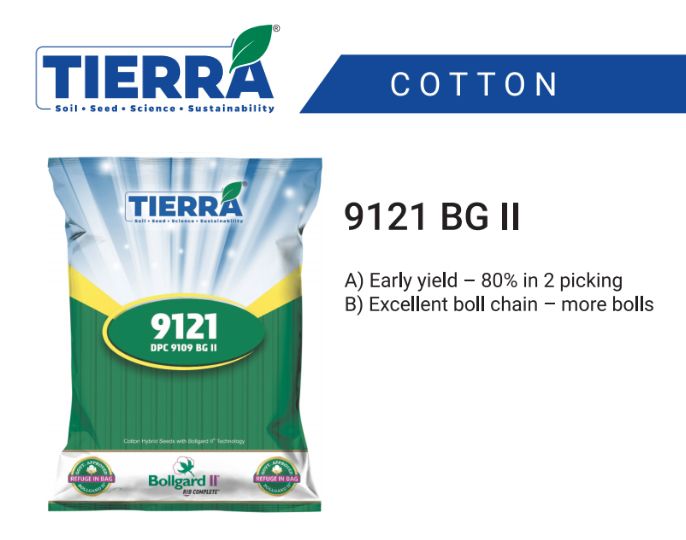
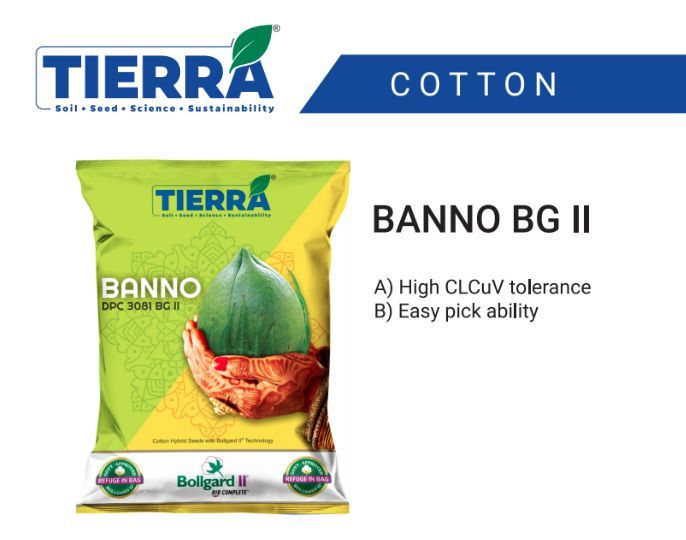
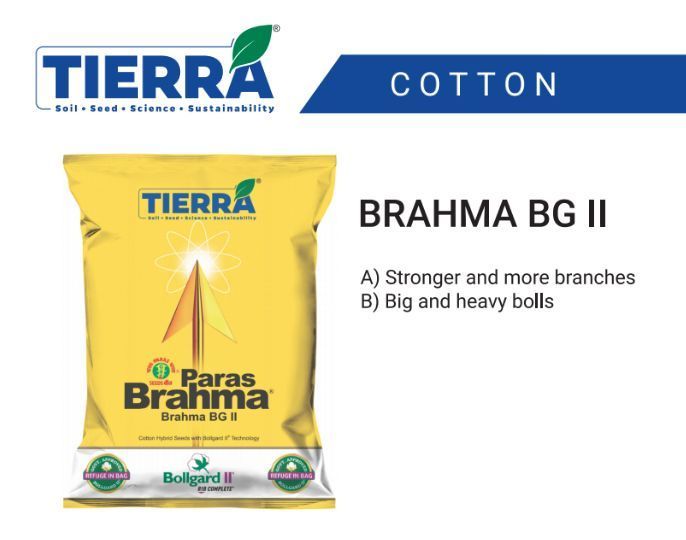
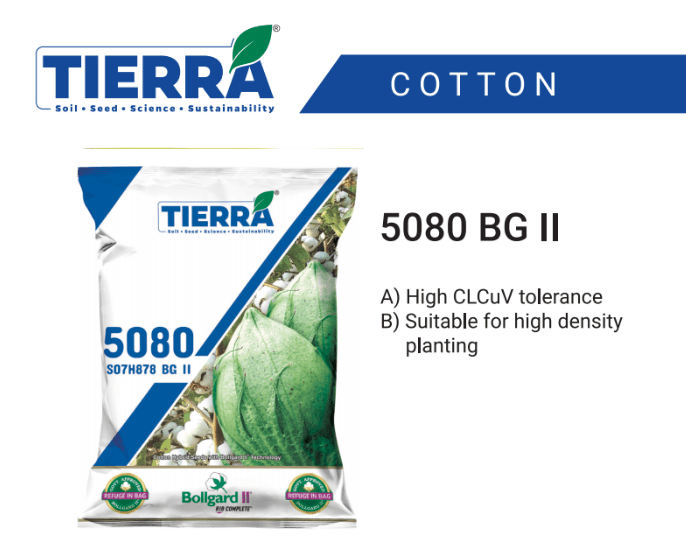
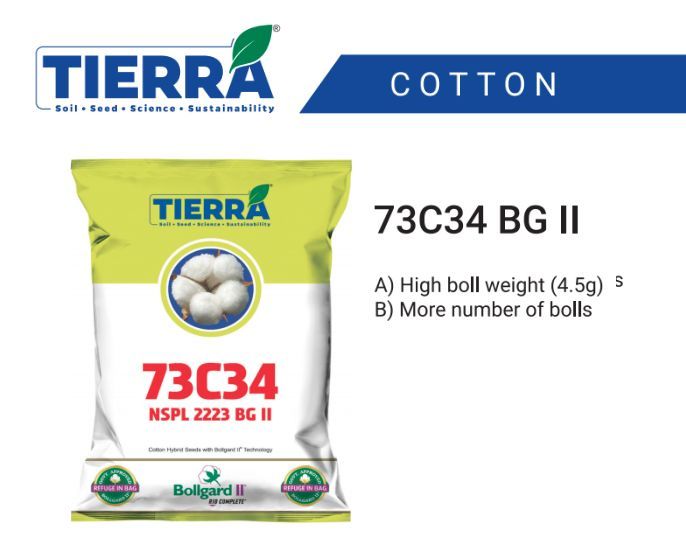
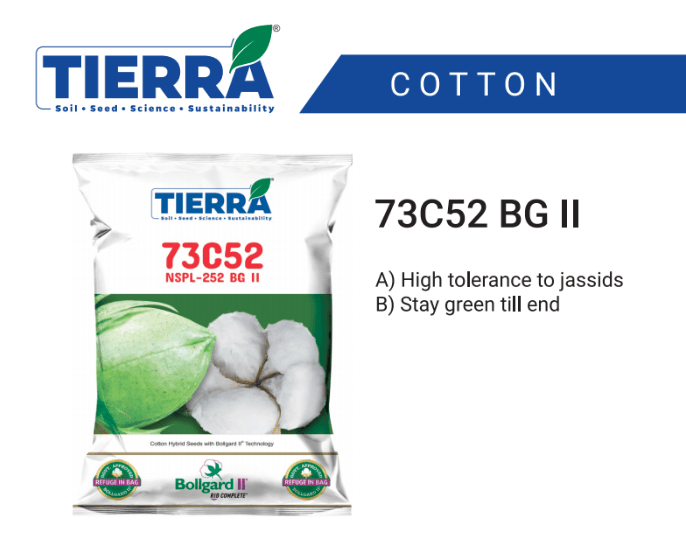
Tomato is one of the most cultivated and valued vegetable crops globally. Despite overall growth in production, average yield is low in India at around 20 tons/hectare (ha), compared to the world average of 33 tons/ha and China at about 48 tons/ha.
Diseases are one of the major challenges in tomato cultivation globally and in India. There are no control measures after disease outbreak for diseases caused by viruses. Major crop losses are caused by TOSPO (GBNV) virus, Ty Virus, Bacterial Wilt, Early Blight etc. Tierra’s focus is to introduce products that are resistant / tolerant to these diseases and also with heat tolerance, long shelf life & transportability.
Content for Breakthrough Technology Pipeline
TOSPO – An established Threat: TOSPO (GBNV) is one of the most destructive diseases in Tomato in South Asia and South East Asia. It infects the plant from early to late stages and causes yield and quality losses ranging from 50% to 80% due to plant death and/or fruits becoming unfit for marketing. No hybrid or variety with tolerance to TOSPO (GBNV) virus has been commercialized till date in South Asia and South East Asia. Tierra plans to launch TOSPO tolerant hybrids by 2020
Besides developing products with tolerance to TyLCV, Bacterial Wilt, Early Blight, Heat Tolerance, Firmness etc., Tierra is also working on fruit quality traits like better taste, high aroma, different colour and shape etc.
Mustard is second most important oilseed crop of India next to groundnut, grown during rabi season in 6.5 million hectares with about 7.0 million tonnes and average national productivity of about 1100 Kg/ha. Tierra is developing mustard hybrids for early maturity (100-110 days) and medium maturity (125-135 days) segments comprising north-western, north-central and north-eastern geographies of India.
The key targets for mustard breeding program are:
Tierra’s Rice research has led to some breakthrough trait developments that can radically improve the hybrid rice scenario in the country. Tierra has developed proprietary traits that can improve F1 seed productivity thereby reducing the seed cost to the farmers. Development of mutant lines tolerant to yellow stem borer is one of the key disruptive technology that is under advanced stage of evaluation. Application of Marker Assisted Selection (MAS) to pyramid multiple traits like Blast, Brown Plant Hopper (BPH), Bacterial Leaf Blight (BLB), Gall Midge, Sheath Blight, Salinity and submergence tolerance in the breeding lines has already contributed to superior product development.
Highly experienced breeding team with proven track record, a rich germplasm base, application of advanced molecular breeding tools and a robust trialing system across the country, Tierra aims to accelerate its nationwide launch of superior differentiated products that are much needed for the Indian rice farmers and consumers.
Knowing the consistent growth in the corn acreage in the last one decade and keeping the farming challenges in view, Tierra has emerged with potential breeding strategies by following heterotic pool-based breeding programs for enhancement of combining abilities while concentrating on maximization of genetic diversity. We are concentrating on intensive inbred line development with unique features. Major objectives of our corn research program are:
With highly motivated breeding team guided by leading crop experts, multiple breeding centers and wide-ranging trialing efforts, Tierra is poised to deliver breakthrough products and take a leadership position in the market.
Tierra acquired Monsanto’s and Dupont Pioneer’s India Cotton seed business.With these two acquisitions, Tierra has become the owner these two businesses and havetop class cotton germplasm in India. Tierra’s effort is primarily focused on breeding for
Our endeavor is to develop hybrid varieties to solvelabour availability problem faced by farmers across cotton growing regions in India.

